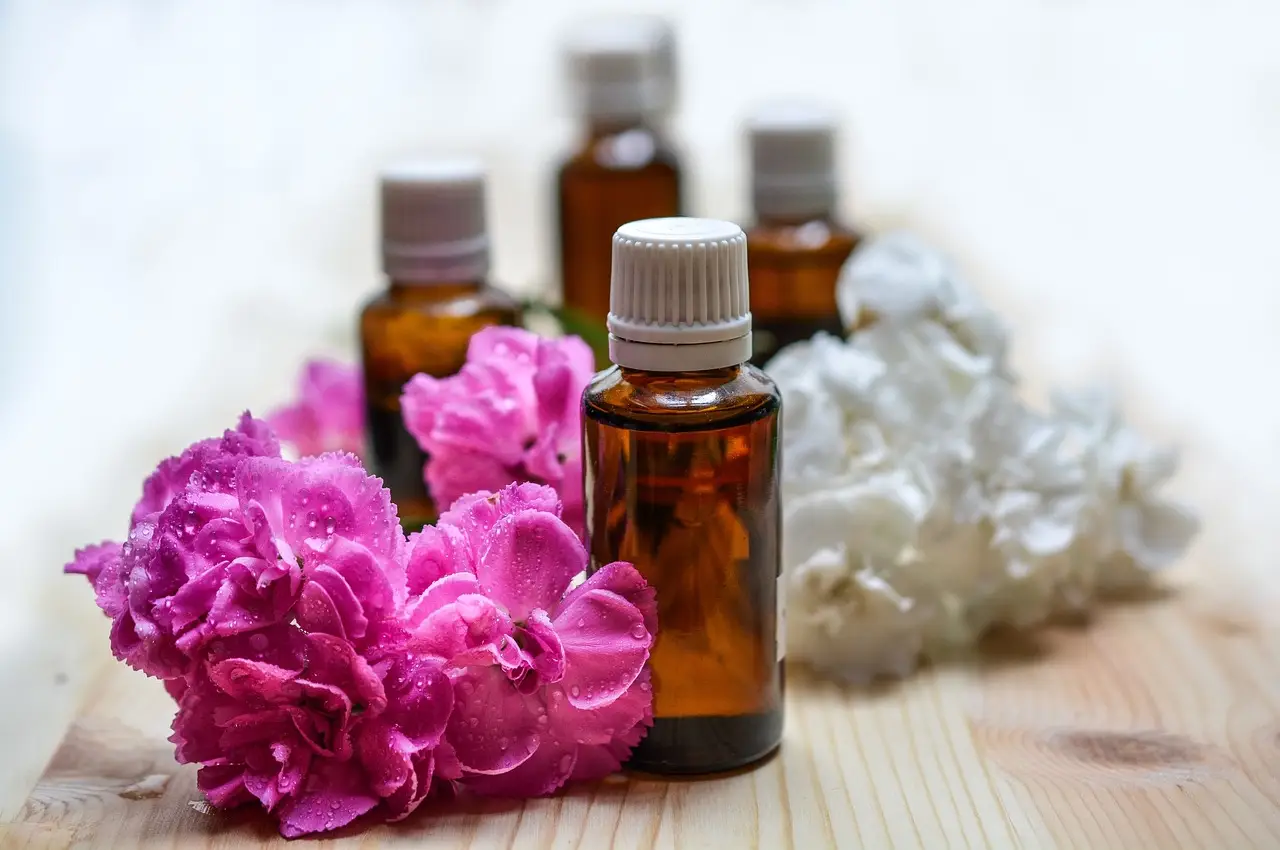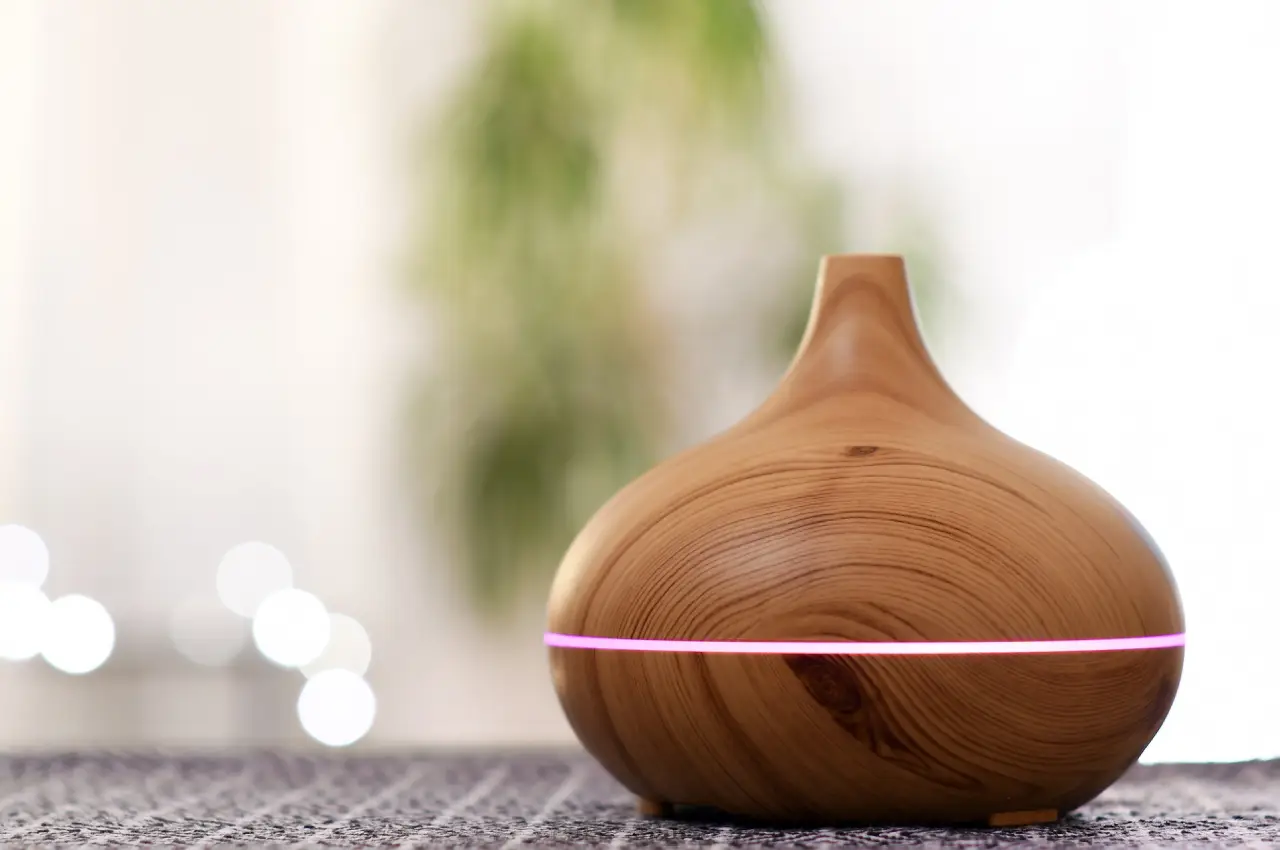
Essential Oils Demystified: Easy Wellness Tips
Curious about the buzz surrounding essential oils? These potent plant extracts have been used for centuries to enhance health and wellness, but with so much information out there, it’s easy to feel overwhelmed. Whether you’re a beginner or looking to expand your knowledge, this guide will break down the essentials of essential oils, helping you incorporate them into your daily routine with confidence.
What Are Essential Oils?
Essential oils are highly concentrated extracts from plants, capturing their natural scent and therapeutic properties. These oils are obtained through methods like distillation or cold pressing and are cherished for their versatility. From lavender’s calming effects to peppermint’s invigorating aroma, each oil offers unique benefits.
The Science Behind Essential Oils
While essential oils have been used for thousands of years, modern science is beginning to catch up, exploring the ways these oils can support health and well-being. For instance, research shows that inhaling lavender oil can reduce anxiety levels, while tea tree oil is known for its antibacterial properties. It’s important to note, though, that they should be used as a complementary approach to health, not a substitute for professional medical advice.
How to Use Essential Oils Safely
When it comes to using essential oils, safety is key. These oils are potent and should always be used with care. Here are some basic guidelines to ensure you’re getting the benefits without any risks:
Dilution is Essential: Never apply them directly to your skin without diluting them with a carrier oil, such as coconut or jojoba oil. A typical ratio is 2-3 drops of essential oil per teaspoon of carrier oil.
Patch Test: Before using a new oil, especially on your skin, conduct a patch test. Apply a small amount to your forearm and wait 24 hours to check for any reaction.
Avoid Ingestion: Unless you’re under the guidance of a qualified healthcare provider, avoid ingesting essential oils. Some oils can be toxic when taken internally.
Keep Away from Eyes and Mucous Membranes: Essential oils should never come into contact with your eyes, nose, or other sensitive areas.
Common Ways to Use Essential Oils
There are several ways to incorporate essential oils into your health and wellness routine. Here are some of the most popular methods:
1. Aromatherapy
Aromatherapy is the practice of using essential oils for their aromatic properties, often through diffusers, inhalers, or simply by smelling the oil directly. This method is particularly effective for managing stress, improving mood, and promoting relaxation.
Imagine coming home after a stressful day. You add a few drops of lavender oil to your diffuser and let its soothing scent fill the room. Within minutes, you feel your tension melting away.
2. Topical Application
When diluted with a carrier oil, they can be applied to the skin. This method is great for targeting specific areas, such as massaging sore muscles with peppermint oil or applying tea tree oil to blemishes.
You’ve had a long workout and your muscles are sore. Massaging a mixture of peppermint oil and coconut oil into your skin can help ease the discomfort, providing a cooling sensation and reducing inflammation.
3. Baths
Adding them to your bath can create a spa-like experience at home. Oils like eucalyptus or chamomile can enhance relaxation and ease muscle tension.
A warm bath infused with a few drops of eucalyptus oil can be just the thing to clear your mind and relax your muscles after a tiring day.
4. Compresses
Essential oils can be added to hot or cold compresses for targeted relief. This is particularly useful for pain management or reducing inflammation.
A cold compress with a few drops of lavender oil can soothe a headache, while a warm compress with ginger oil may help alleviate menstrual cramps.
Choosing the Right Essential Oils
With so many options available, it’s crucial to choose the right ones for your needs. Here’s a quick guide to some of the most popular oils and their benefits:
Lavender: Known for its calming effects, lavender is perfect for stress relief, better sleep, and skin healing.
Peppermint: This invigorating oil is great for boosting energy, improving focus, and soothing headaches.
Tea Tree: A powerhouse for skincare, tea tree oil has antibacterial and antifungal properties, making it ideal for treating acne and minor cuts.
Eucalyptus: Excellent for respiratory issues, eucalyptus oil can help clear sinuses and improve breathing during colds.
Lemon: With its fresh, uplifting scent, lemon oil is a natural mood booster and can also be used for cleaning purposes.
Essential Oils for Mental Well-Being
Beyond physical health, they can also support mental and emotional well-being. Many oils have properties that can help alleviate stress, reduce anxiety, and even enhance cognitive function.
During a particularly stressful time at work, a friend of mine started using a blend of lavender and bergamot oils in her diffuser. She noticed that the calming scent helped her stay focused and manage her stress more effectively.
DIY Essential Oil Blends
Creating your own blends can be a fun and rewarding way to customize your wellness routine. Here’s a simple recipe to get you started:
Stress Relief Blend
– 4 drops Lavender oil
– 2 drops Frankincense oil
– 2 drops Bergamot oil
Mix these oils in a diffuser with water, or dilute them in a carrier oil for a calming massage blend.
Buying Essential Oils: What to Look For
When purchasing essential oils, quality is crucial. Here are some tips to ensure you’re getting the best product:
Purity: Look for oils labeled as 100% pure essential oil, without any fillers or synthetic additives.
Reputable Brands: Choose brands that provide transparency about their sourcing and production processes.
Packaging: Essential oils should be sold in dark glass bottles to protect them from light and heat, which can degrade their quality.
Conclusion
Essential oils are a versatile and natural way to enhance your health and wellness. Whether you’re seeking stress relief, improved focus, or simply a more pleasant environment, these oils offer a range of benefits. By understanding how to use them safely and effectively, you can harness their power in your daily life.
What are your favorite essential oils and how do you use them? Share your tips and experiences in the comments below!





